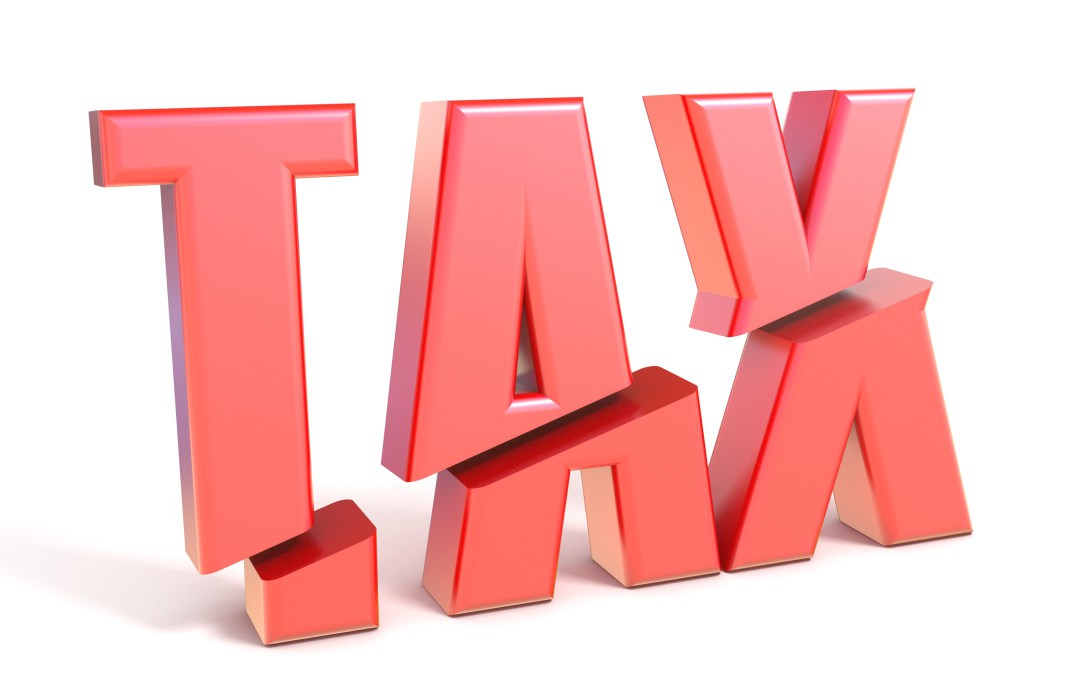Tax Cuts and Jobs Act of 2017

On December 22, 2017 the President signed into law the Tax Cuts and Jobs Act of 2017 (TCJA). The 503 page TCJA is the largest tax overhaul since the 1986 Tax Reform Act, and it will affect almost every individual and business in the United States.
For businesses the highlights of the TCJA include an increase in the amounts that may be expensed under bonus depreciation and Section 179, and a new 20% business deduction for qualified business income for sole proprietorships and pass-through entities. Bonus depreciation is now 100%. Also, the Section 179 deduction has been increased to $1,000,000.
For individuals the TCJA provides seven tax brackets, with most rates being two to three points lower than the ones under prior law, and the top rate goes from 39.6 percent to 37 percent. The tax on capital gains and the 3.8 percent net investment income tax are unchanged. The TCJA repeals the personal and dependency exemption deduction, but it nearly doubles the standard deduction amounts to $24,000 for joint filers, and it nearly doubles the $12,000 for single individuals. As part of the repeal of personal exemption deductions, the TCJA repealed exemptions for dependents. To compensate, the TCJA increased the child tax credit to $2,000. The TCJA also provides a $500 nonrefundable tax credit for dependent children over age 16 and all other dependents.
The TCJA changes some of the itemized deductions. The TCJA imposes a $10,000 limit on the deduction for state and local taxes. TCJA reduces to $750,000 from $1 million the limit on the loan amount for which a mortgage interest deduction can be claimed by individuals. The TCJA repealed the deduction for any miscellaneous itemized deductions subject to the 2 percent AGI floor. The alternative minimum tax exemption was increased by 27 percent. The TCJA permanently doubles the basic exclusion amount for estate and gift tax purposes from $5.6 million to $11.2 million.
Possibly the most important change is that the TCJA created a new 20 percent deduction for qualified business income from sole proprietorships, S corporations, partnerships, and limited liability companies taxes as partnerships. This deduction is available to both itemizers and non-itemizers. This new 20% qualified business income deduction is subject to some complicated restrictions and limitations. However, these complicated restrictions and limitations do not apply to individuals with taxable income at or below $315,000 for joint filers.
Please contact our firm if you want to discuss how the Tax Cuts and Jobs Act of 2017 will affect you and your business. Please note that the effective date is for tax years commenced after Dec. 31, 2017, therefore your 2018 year is affected and it’s a great opportunity for tax planning before your return due date on April 15, 2019.
#taxsecurity #irs #taxreturn #fraud #taxfraud #tax #taxcut #tcja #carlosnazario #carlosjnazariodiaz #1040 #1065 #1120 #k1 #qbid #regulations #taxregs #taxregulations
